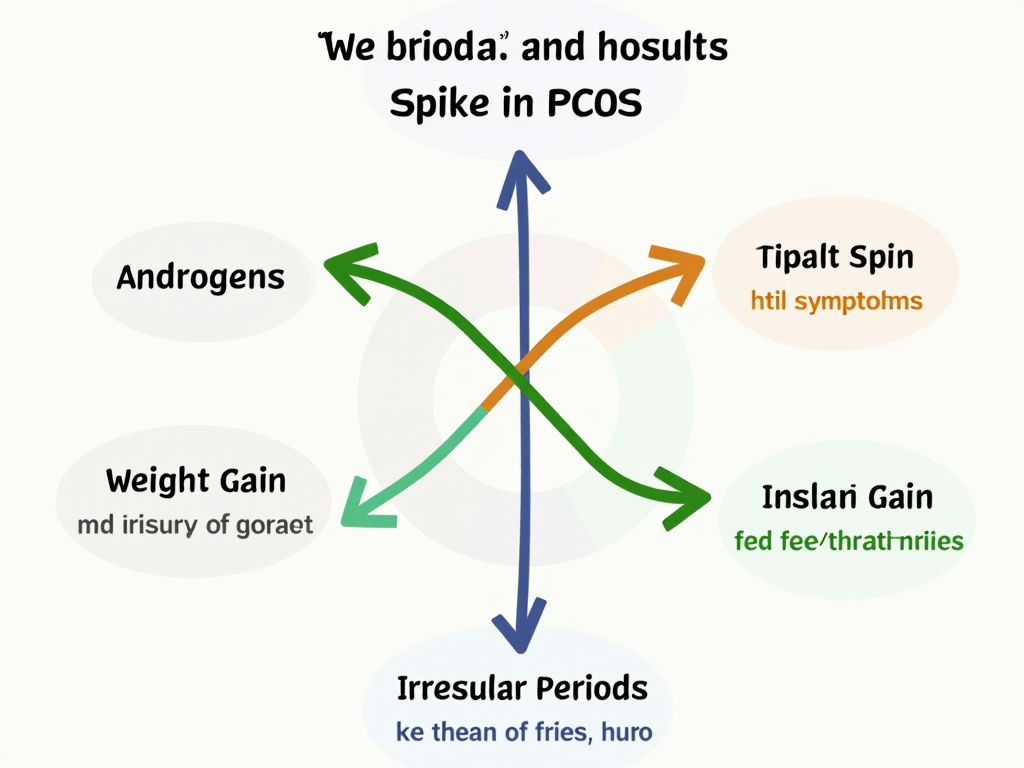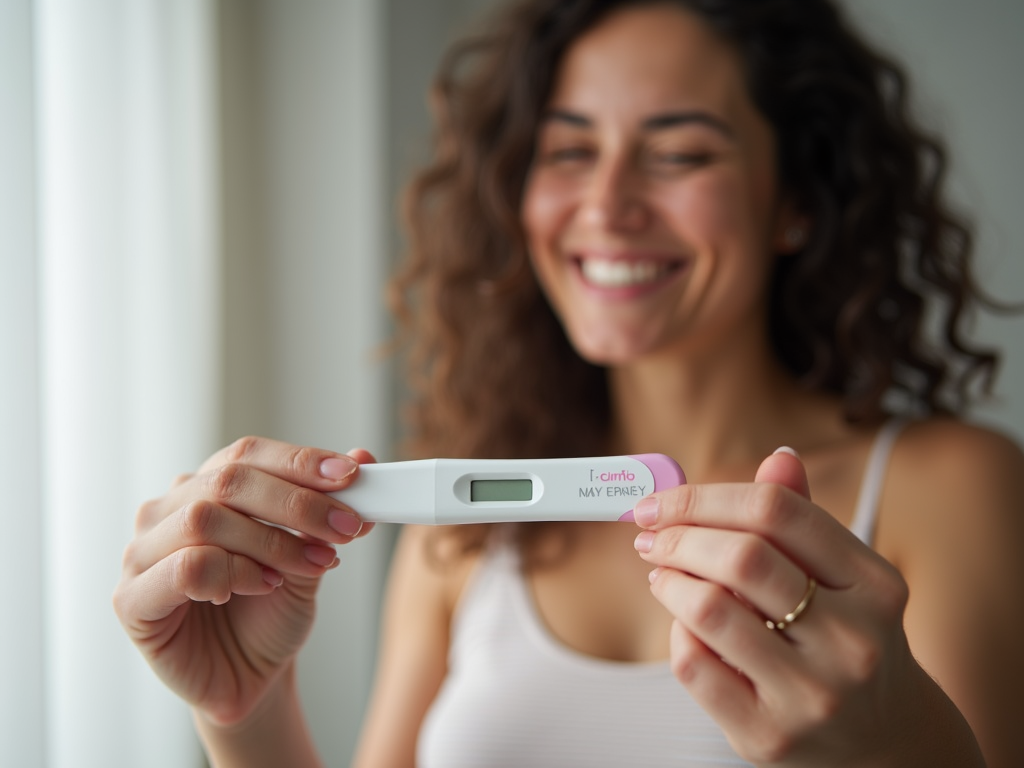Understanding Hormones: A Beginner’s Guide to PCOS
March 24, 2025, 11:46 a.m.
Polycystic Ovary Syndrome (PCOS) affects millions of women worldwide. This hormonal disorder can cause irregular periods, unwanted hair growth, and challenges with fertility. In this beginner’s guide, we’ll break down what PCOS is, how it impacts your body, and what you can do about it.
What is PCOS?
PCOS stands for Polycystic Ovary Syndrome, a condition that messes with your hormones. It hits about 1 in 10 women during their reproductive years. You might notice irregular periods, extra hair on your face or body, acne, or trouble keeping weight in check. Some women even develop tiny cysts on their ovaries, though that’s not a must for diagnosis.
Doctors figure out if you have PCOS by checking a few things. They’ll look at your symptoms, do blood tests for hormone levels, and sometimes use an ultrasound to peek at your ovaries. You typically need at least two of these: irregular cycles, high androgen levels (those 'male' hormones), or polycystic ovaries.

Hormones and PCOS
PCOS throws your hormones out of whack. Your body might pump out too many androgens—hormones often linked to men, but women have them too. This can stop your periods from coming on time and spark hair growth or acne.
Then there’s insulin, another big player. Lots of women with PCOS don’t use insulin well, a problem called insulin resistance. This makes your body crank out more insulin, which can pile on pounds and up your chances of diabetes. These hormones feed into each other—extra insulin can boost androgens, making things worse.
Getting a grip on these imbalances is key. Tackling insulin issues, for instance, can ease many PCOS symptoms.

PCOS and Fertility
For many, PCOS hits hard because of female infertility. The hormone chaos can stop ovulation—when your ovaries release an egg. Without that, getting pregnant gets tough. Experts say PCOS is a top reason for infertility in women.
Here’s the numbers: up to 70% of women with PCOS face fertility struggles. But don’t lose hope—many still have babies with help. Losing some weight or exercising can kickstart ovulation. Doctors might also suggest meds like clomiphene to nudge your ovaries into action, or even IVF if needed.

Managing PCOS Symptoms
Dealing with PCOS takes a team effort. Start with lifestyle tweaks—eating right, moving more, and chilling out can balance your hormones.
Diet Tips
- Eat whole foods like veggies, fruits, and lean proteins.
- Cut back on sugary stuff and white carbs.
- Add anti-inflammatory foods like nuts or fish.
Exercise helps too. Try lifting weights or quick bursts of intense workouts to boost insulin use and shed weight. On the medical side, birth control can steady your periods, anti-androgen drugs can tame hair and acne, and metformin can tackle insulin resistance.
Some folks try acupuncture or supplements too. They might help, but science is still catching up on proof.

Living with PCOS
PCOS isn’t just physical—it can weigh on your mind too. The symptoms and worries about female infertility and PCOS can spark frustration or sadness. I’ve talked to women who felt lost at first, but found strength in taking charge.
You’re not alone in this. Joining a support group—online or nearby—can lift you up. Swapping stories with others who get it is powerful. Plus, learning all you can about PCOS keeps you in the driver’s seat of your health.

PCOS is tricky, touching everything from your cycle to your chances of having kids. But with Understanding Hormones: A Beginner’s Guide to PCOS, you’ve got the basics to fight back. It takes time to find what works for you—be kind to yourself and lean on others when you need to.